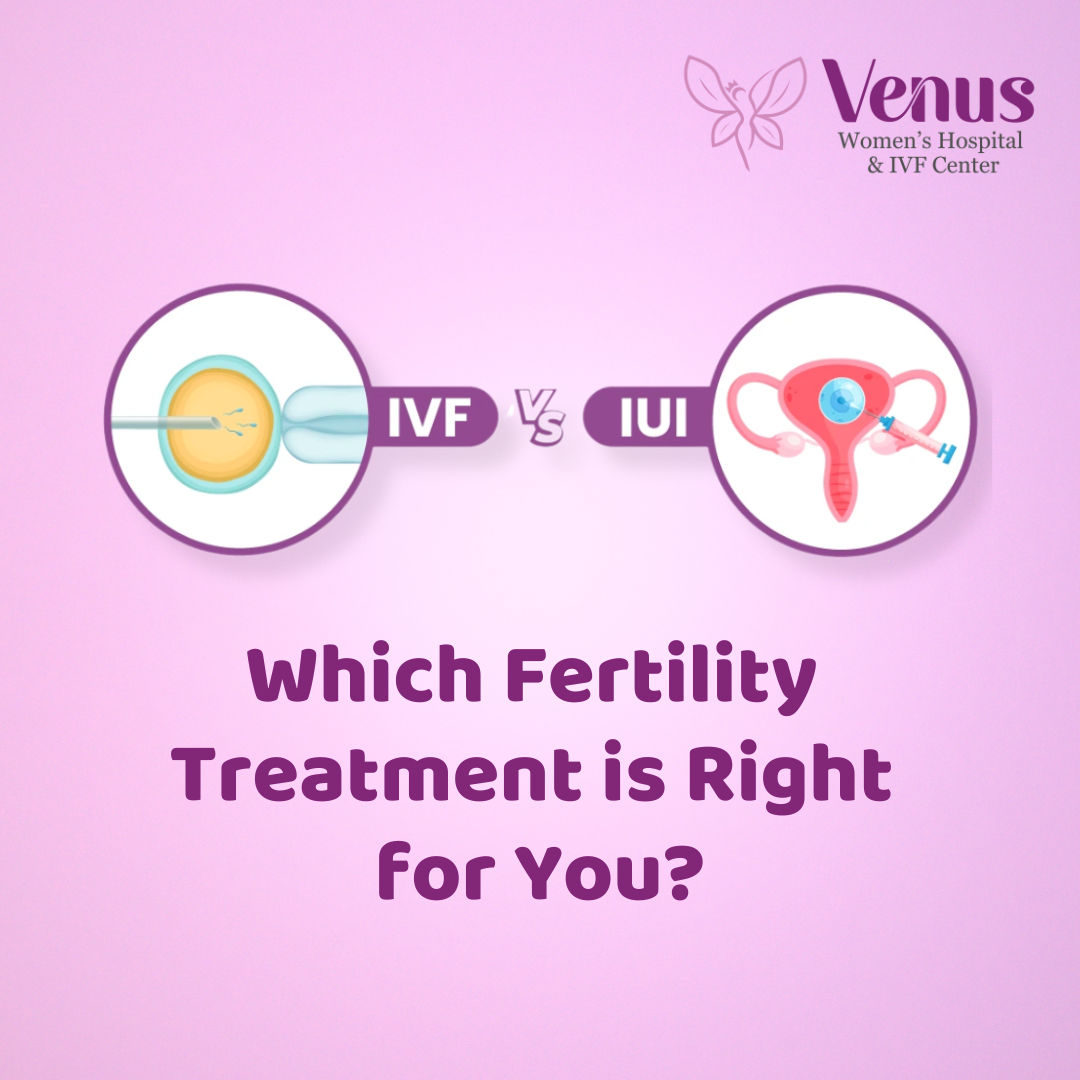

Having started a family can be a tough journey, especially if you’re dealing with fertility issues. Fortunately, treatments like In Vitro Fertilization (IVF) and Intrauterine Insemination (IUI) can give you hope.
IVF involves combing eggs and sperm outside the body in a laboratory and then putting the embryos back into the uterus. On the other hand, IUI places sperm directly into the uterus to enhance the chances of conception. Each approach has its benefits and is designed for different fertility situations.
In this blog, we’ll break down how these methods work, what they offer, and what you can expect, helping you make the best choice for your journey to parenthood.
In vitro fertilization (IVF) is a fertility treatment in which a woman's eggs are retrieved from her ovaries and fertilized with sperm in a laboratory.
The resulting embryos are then transferred to the woman's uterus with the goal of achieving pregnancy. IVF offers hope to many people struggling with infertility by increasing the chances of conception.
IUI, which stands for Intrauterine Insemination, is a fertility treatment where sperm is directly placed into a woman's uterus around the time of ovulation.
This process increases the chances of fertilization by bringing the sperm closer to the egg. IUI is often used in cases of mild male infertility, unexplained infertility, or when using donor sperm.
It is a less invasive and more affordable option compared to other fertility treatments like IVF.
Less Invasive: IUI is a simpler and less invasive procedure compared to IVF.
Lower Cost: It is generally more affordable than IVF.
Natural Cycle: IUI can sometimes be done during a woman's natural cycle, reducing the need for hormone treatments.
Quicker Procedure: The process is quicker and involves fewer medical appointments.
Higher Success Rate: IVF generally has a higher success rate, particularly for older women or those with more complex fertility issues.
Greater Control: IVF allows for better control over fertilisation and embryo development, including the ability to select the best embryos for transfer.
Use of Genetic Screening: Preimplantation genetic testing can be done to screen for genetic disorders.
Option to Freeze Embryos: Excess embryos can be frozen for future use, reducing the need for multiple full cycles.
Deciding on the appropriate fertility treatment requires careful evaluation and understanding of these terms. Here’s a concise guide to help you choose between IUI and IVF based on your specific circumstances:
Intrauterine Insemination (IUI) is often the initial treatment recommended in cases of:
Unexplained Infertility: When the cause of infertility is not identifiable.
Mild Male-Factor Infertility: For issues with sperm count or motility that are not severe.
Cost and Invasiveness: IUI is less expensive and less invasive compared to IVF, making it a suitable first step.
In Vitro Fertilization (IVF) may be recommended in the following conditions:
Repeated IUI Failures: If you experience three or four unsuccessful IUI attempts.
Severe Infertility Conditions: Including severe male-factor infertility, blocked
fallopian tubes, multiple miscarriages, or endometriosis.
Age and Family Planning: Older age or specific family size goals may also influence the decision to proceed directly to IVF.
To make an informed decision, consult with the best IVF/IUI consultant. They can provide personalized advice and recommend the best IVF/IUI treatment in Rajkot based on your unique situation and medical history.